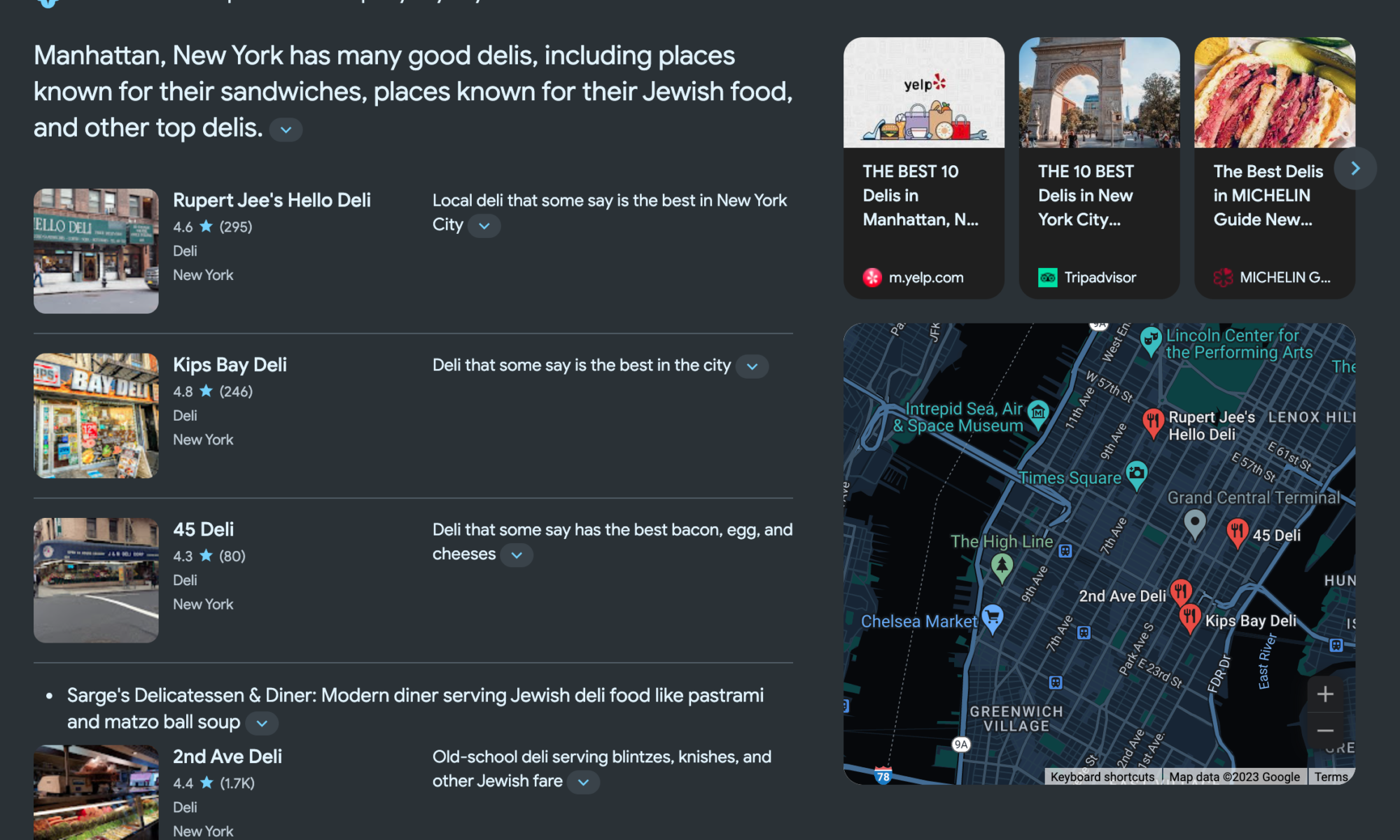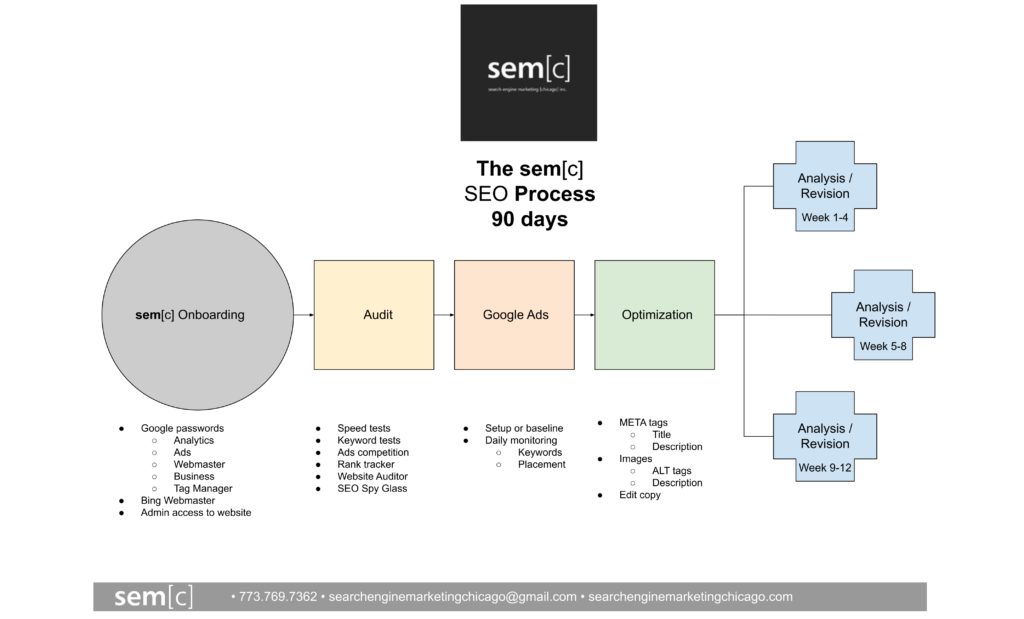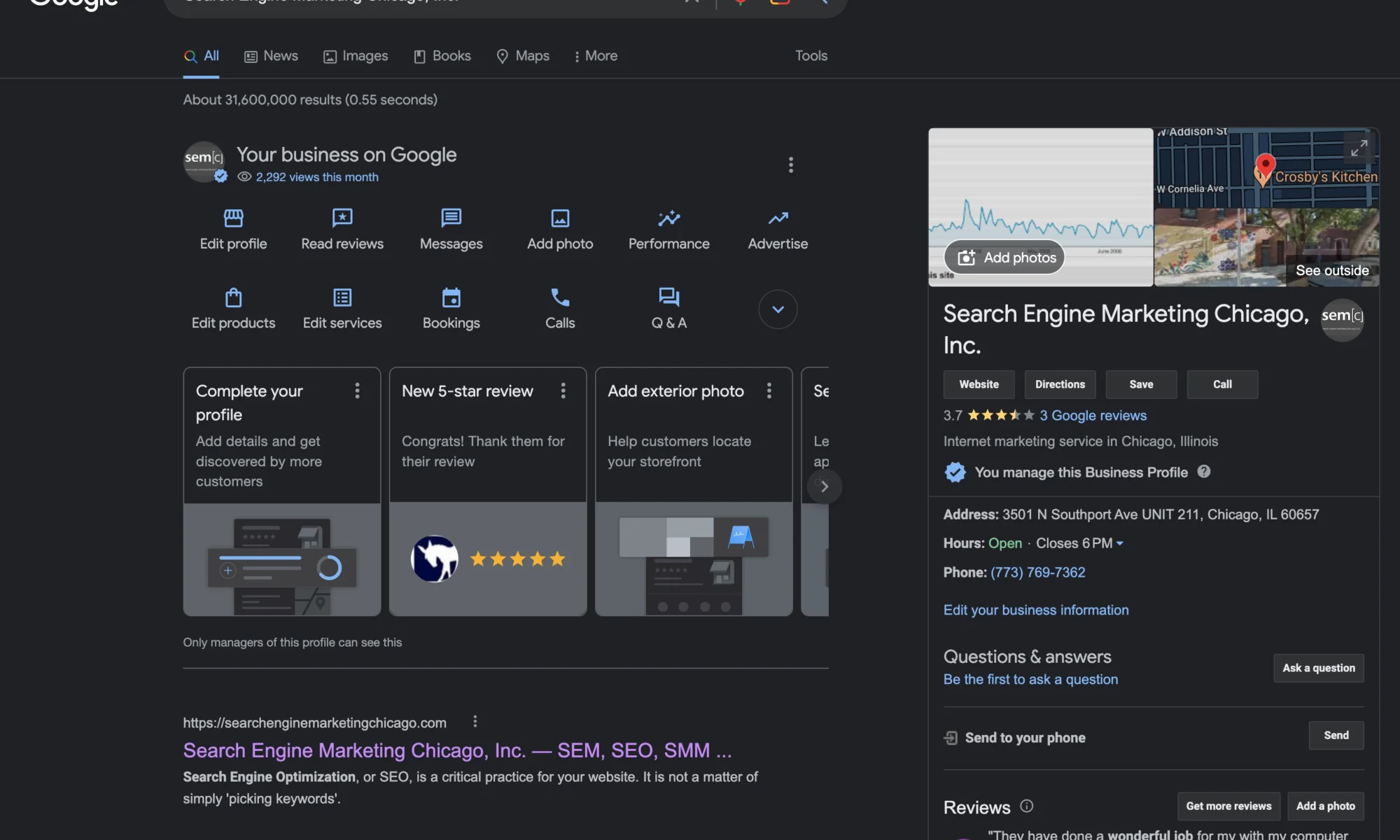Despite all the chatter about AI and big data a lot of the basis for success in online marketing comes down to sussing out your prospects’ intentions. This is a very human process.
People can be characterized into a number of personality types. There are a number of well-defined systems for analyzing these types. One is the DISC system.

This system is useful both for its simplicity and accuracy even when you have little observational data to work with.
Your online presence can satisfy the needs of all of the different personality types with the proper strategic planning. Carefully oversimplifying would mean: Be succinct and clear about benefits everywhere for D types. Be upbeat for I types. Cultivate your business on social media for S types. Provide information about your business with microscopic granularity buried on your website.
How do you gauge your prospects’ response to these items?
- Website analytics: Look at the webpages your visitors visit, how long they stay on, and their activities. Patterns and trends can indicate your visitor’s goal. For example, pages with high bounce or exit rates may indicate a mismatch between content and visitor expectations.
- Surveys and market research: Ask questions about customer preferences, needs, and motivations.
- Customer interactions: Analyze customer service logs, call center recordings, and online chat sessions.
- Visitor identification data: See who’s visiting your website and what they’re doing there.
- Buying signals: For example, when prospects sign up for a free trial or complementary offerings, it’s a clear sign of their interest in the product.
- Clicks a link in your email: Analytics of their behavior on where your link directed them to can show their buying intent. For example, if they click on a link like the content of your email but may want some time to do some research on their own before speaking with a sales rep, you can follow up with them relatively quickly while their attention is focused on you.
This is an overview of the process that we follow at sem[c].
Contact us for greater detail or to get started.



![sem[c] perfect SEO performance](https://searchenginemarketingchicago.com/wp-content/uploads/2023/12/Screenshot-2023-12-05-at-11.29.04 AM-2000x904.png)




![SEO coaching by sem[c]](https://searchenginemarketingchicago.com/wp-content/uploads/2023/02/conversations-copy-2000x1200.webp)


